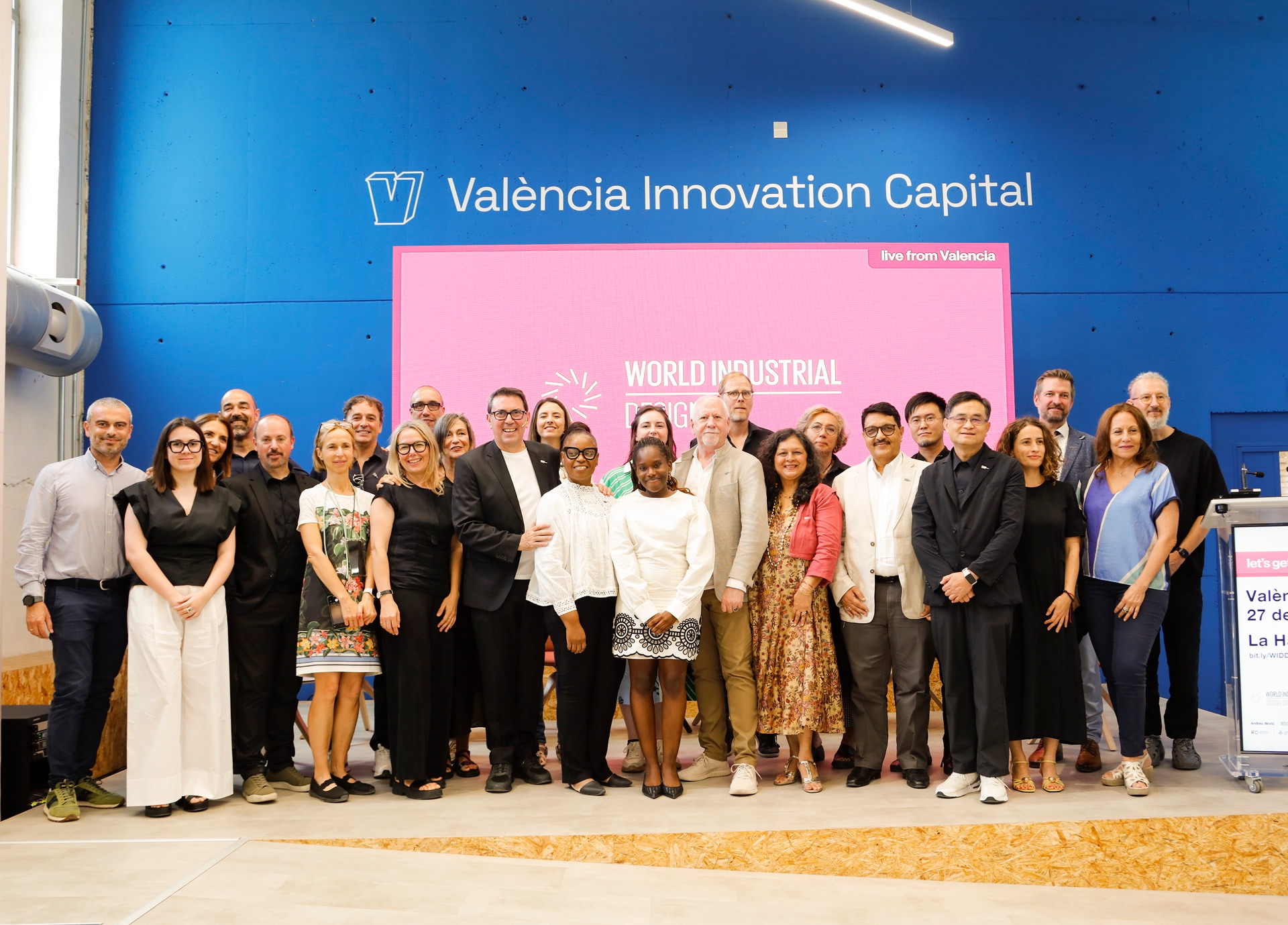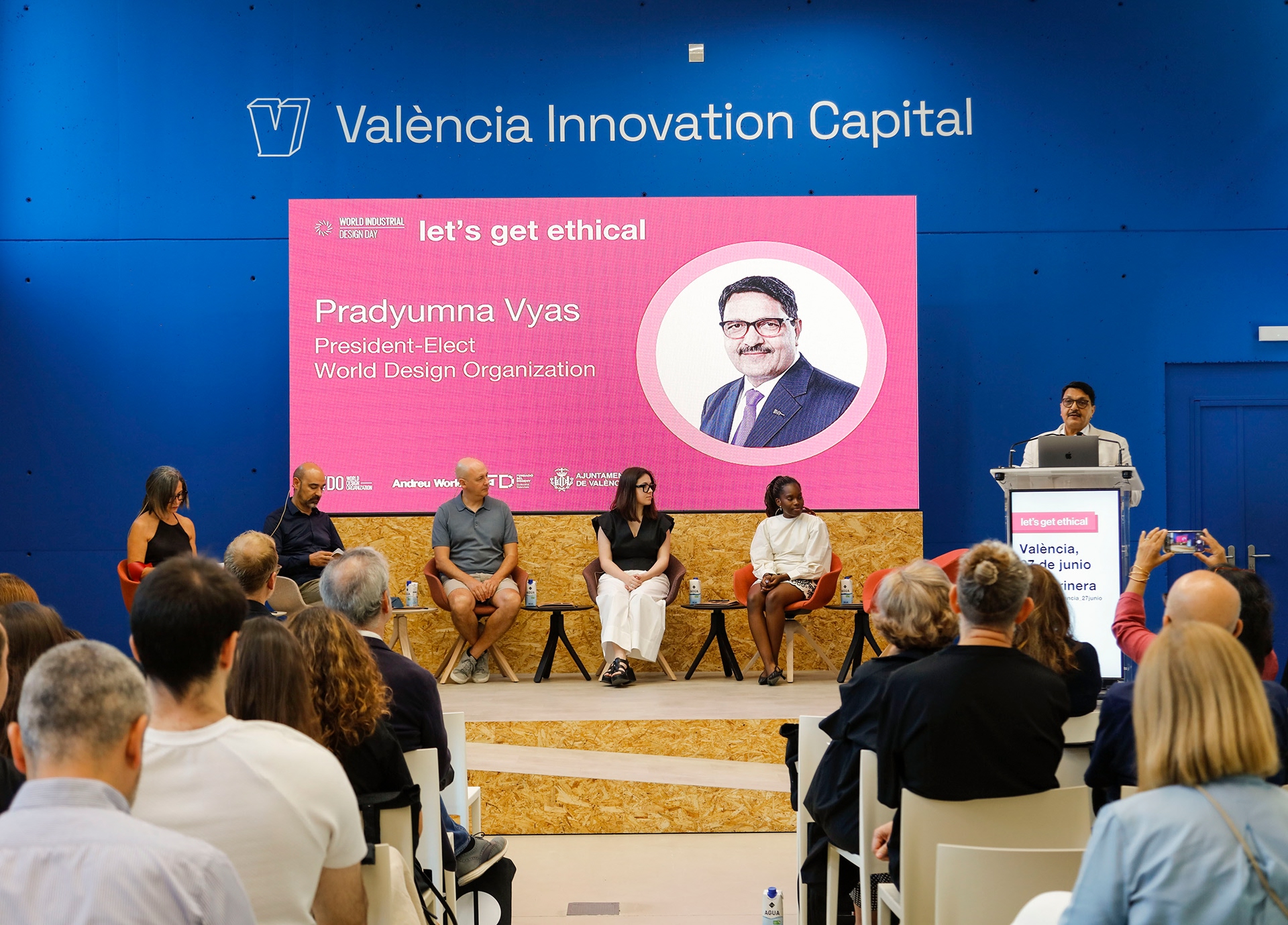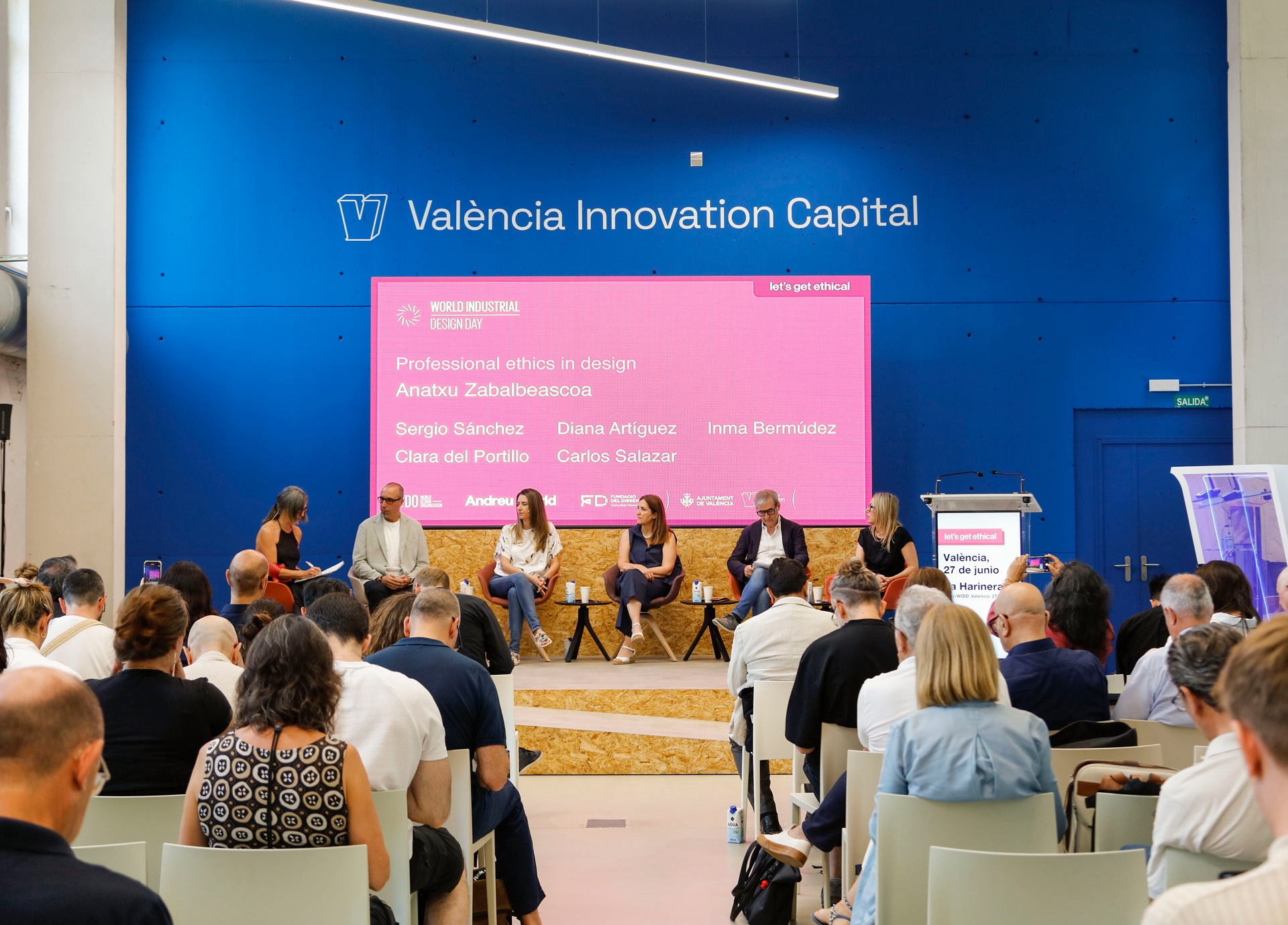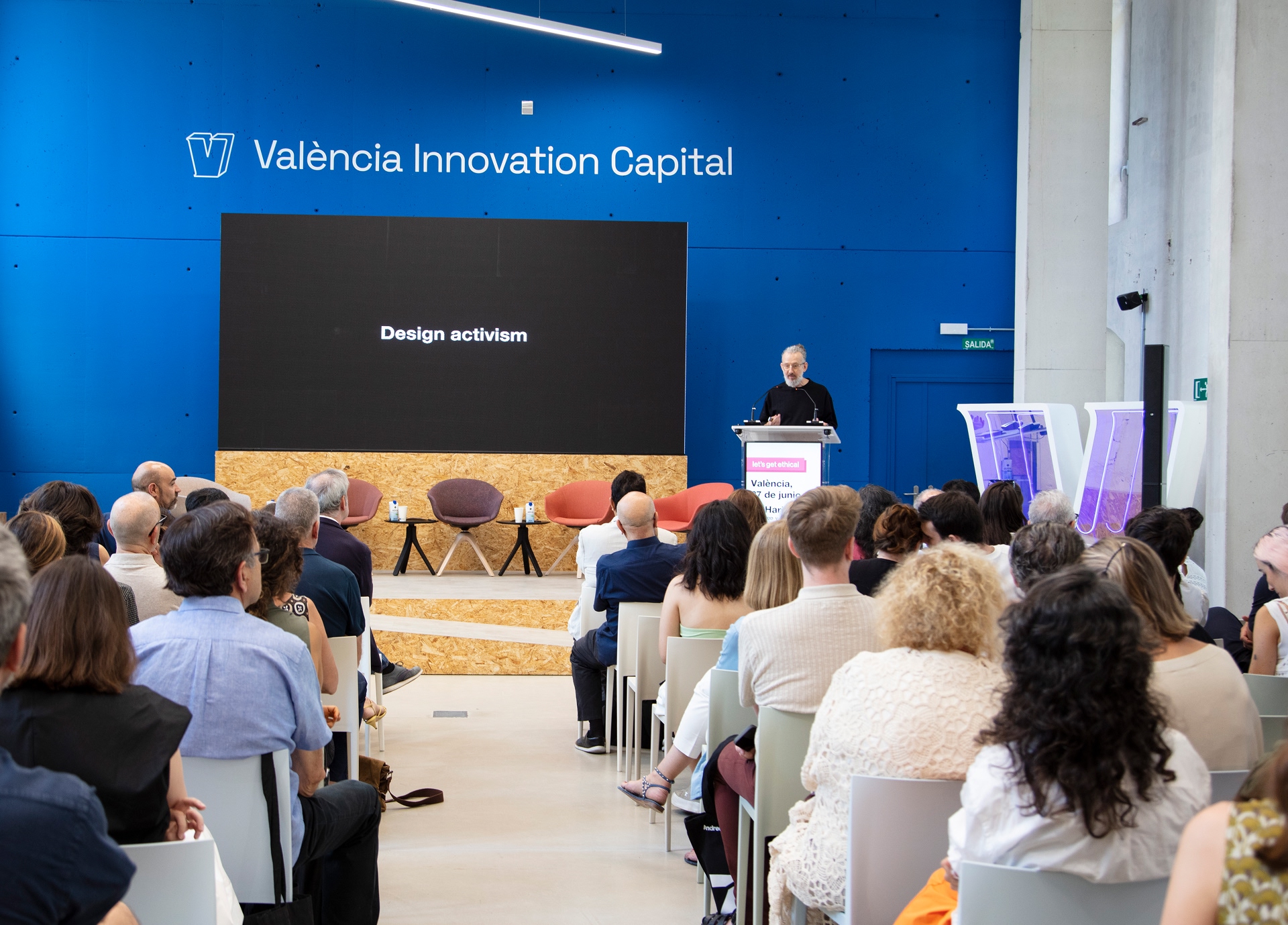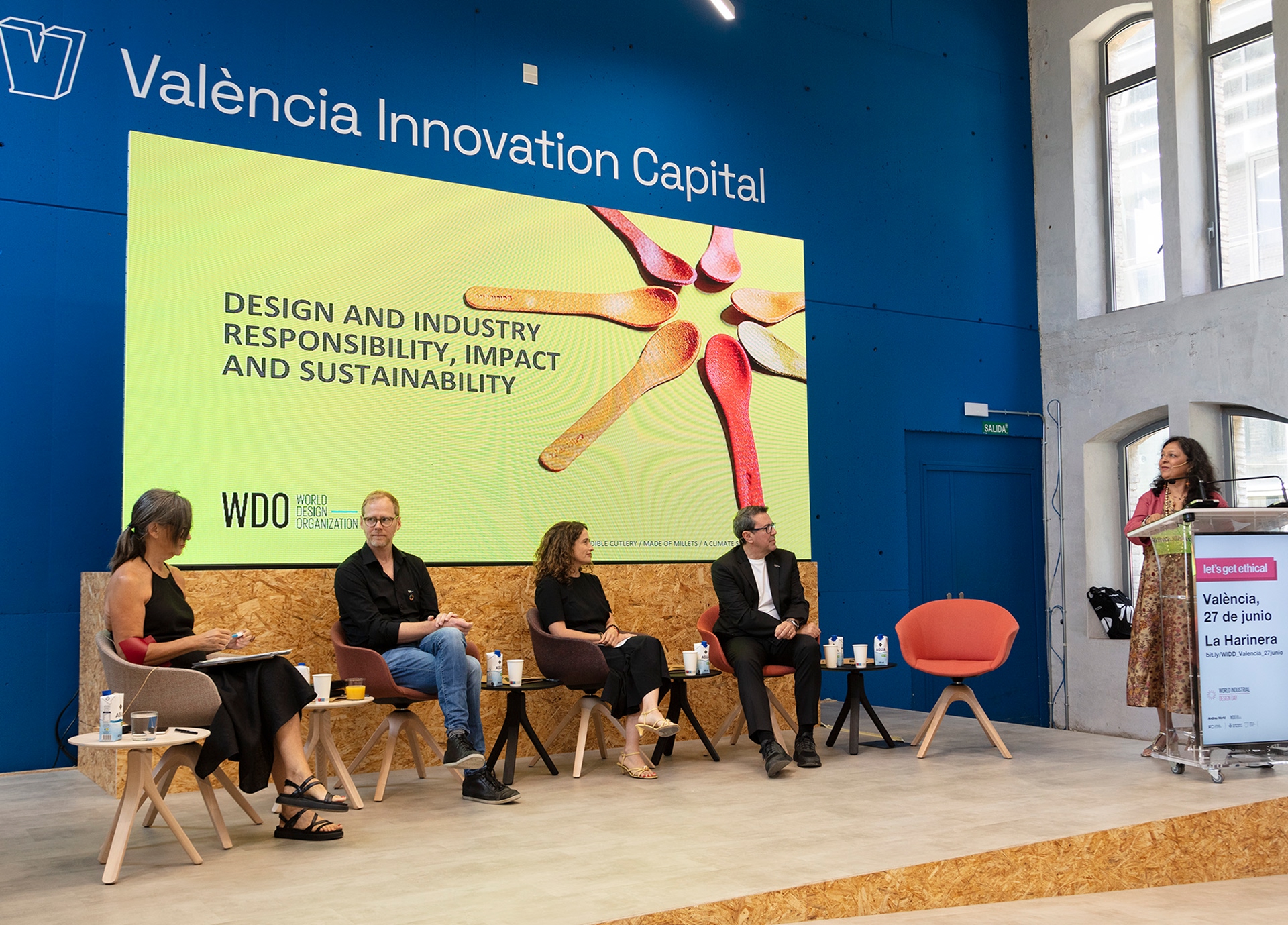About Andreu World
Andreu World is a global leader in sustainable design, recognized as the first company in the furniture sector to certify its entire product catalog under the Cradle to Cradle standards for the circular economy. It operates as a Zero Waste and Carbon Neutral company and is B Corp certified. Founded in 1955, Andreu World is an international family-owned brand specializing in high-quality sustainable seating and tables for offices, workspaces, restaurants, hotels, residential, and outdoor settings. It has collaborated with internationally renowned designers such as Philippe Starck and Patricia Urquiola, combining timeless design with tangible environmental responsibility, using FSC® timber and recycled materials. With more than 600 employees, 4 factories, and 33 showrooms worldwide, it operates in more than 90 countries and is part of the Forum of Renowned Spanish Brands. It has received international design awards such as the Red Dot and Spain’s Premio Nacional de Diseño, and it promotes emerging talent through its prestigious International Design Contest.
About World Design Organization
World Design Organization (WDO)® is a globally recognized non-governmental organization that aims to promote and develop the discipline of industrial design and its ability to improve economic, social, cultural, and environmental quality of life. Founded in 1957, WDO serves more than 215 member organizations worldwide, engaging thousands of individual designers through its programming and innovative initiatives that champion “design for a better world”.
About the Fundació del Disseny de la Comunitat Valenciana
La The Fundació del Disseny (Design Foundation) is an organization dedicated to promoting, fostering, and disseminating design in institutions, companies, and industry, acting as a matchmaker that connects opportunities between organizations and design professionals. With a firm commitment to innovation, sustainability, and social impact, the Fundació continues to work to strengthen the role of design as a key tool for transformation in the Valencian Community. The work carried out by the Foundation in terms of positioning, disseminating, promoting, and celebrating design as a legacy of World Design Capital Valencia 2022 adds to its support for the culture of knowledge in the creative, economic, and social spheres, with the aim of emphasizing the importance of design as a tool for creating value. It is a necessary tool for increasing the competitiveness of companies and contributing to a better quality of life for citizens.
The Fundació del Disseny de la Comunitat Valenciana carries out important work to promote the internationalization of the creative and industrial territory of Valencia, and is a member of the World Design Organization, a member of BEDA (The Bureau of European Design Associations) as a Design Promotion Institution, official partner of the New European Bauhaus initiative launched by the European Commission, and collaborates with the Valencia City Council in representing Valencia City of Design in the UNESCO Creative Cities Network.

